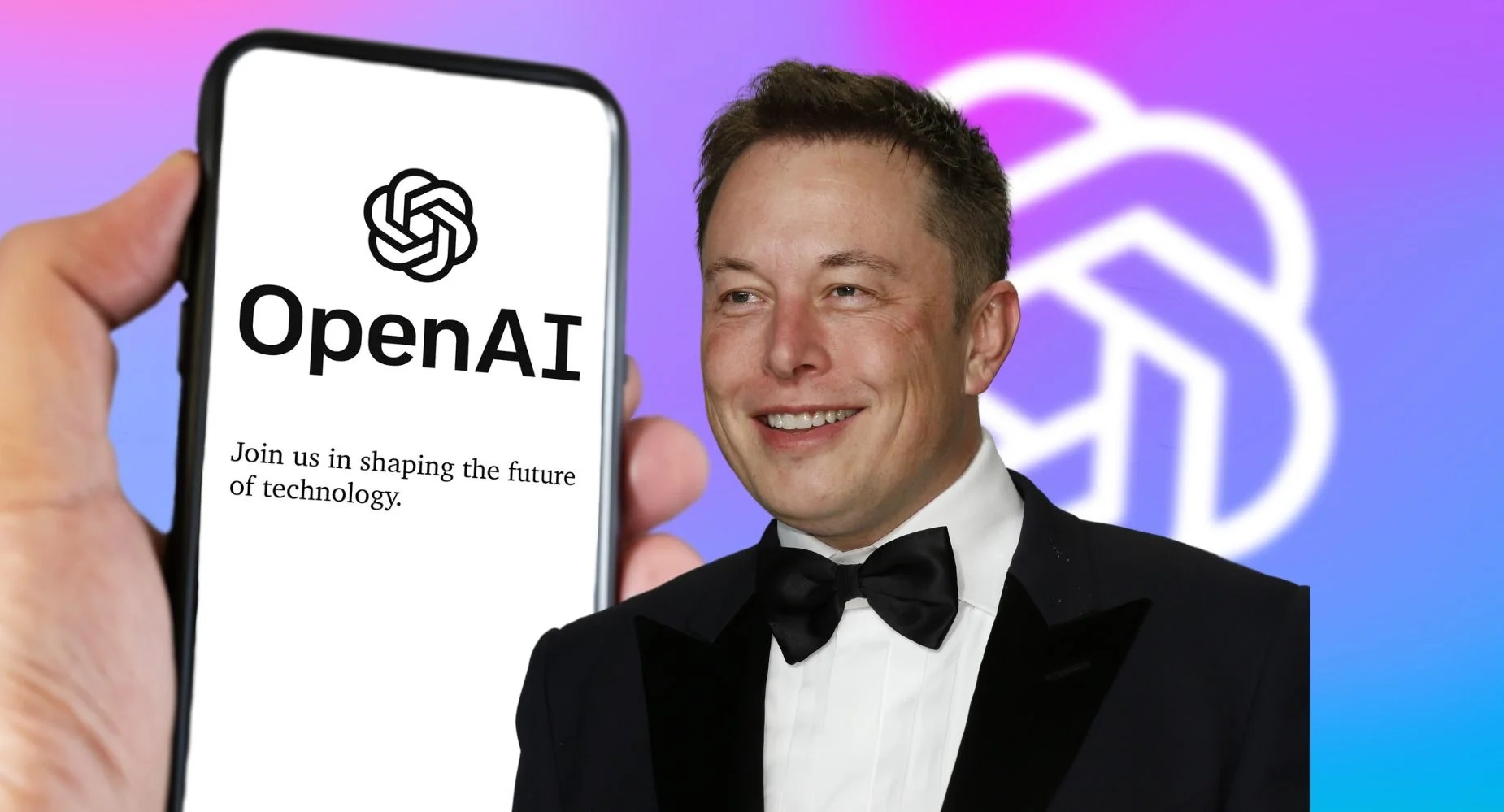Unexpectedly, Elon Musk, the CEO of Tesla (TSLA, -7.16%), has filed a lawsuit towards OpenAI and its management, claiming that the company he founded has shifted from its original charitable goal to a profit-driven strategy, especially after joining forces with Microsoft MSFT, -0.14%.
Musk’s long-standing worries that OpenAI has diverted from its founding mission of creating artificial general intelligence (AGI) for the sake of humanity in favor of prioritizing financial advantages are highlighted by the lawsuit. However, is that actually the case, or is there another issue at hand?

Since the company’s founding in 2015, Musk has been closely connected with OpenAI because he saw connections between the organization’s original mission to promote AI for human benefit and his worries about the possible risks associated with the technology.
But in 2018, Musk lost faith in OpenAI because, in his opinion, the company had ceased to function as a charity and had started developing technology that offered opinions on social and political issues. Musk appears to be displeased with the current drama surrounding OpenAI, which resulted in a number of important modifications to the organization’s philosophy and structure and also what can only be perceived as Microsoft’s power grab.
It is helpful to keep in mind that Microsoft has a lengthy history of legal disputes in order to comprehend his logic. Microsoft has been involved in a number of well-publicized legal disputes throughout the years concerning its business practices.
Here are a few well-known examples to highlight the problem:
• The U.S. Department of Justice charged Microsoft of having a monopolistic presence in the PC operating-systems industry and adopting measures to eliminate risks to that monopoly in the 1998 United States v. Microsoft Corp. lawsuit. The case concluded in April 2000 with a ruling that Microsoft had violated the Sherman Antitrust Act by engaging in monopolization and attempting monopolization.
• Microsoft has been hit with hefty fines in Europe for exploiting its strong market position. The European Commission fined Microsoft 497.2 million euros in 2004, which at the time was the highest amount it had ever charged on a single business. Microsoft was hit with an extra 899 million euros in fines in 2008 for violating the 2004 antitrust judgment.




